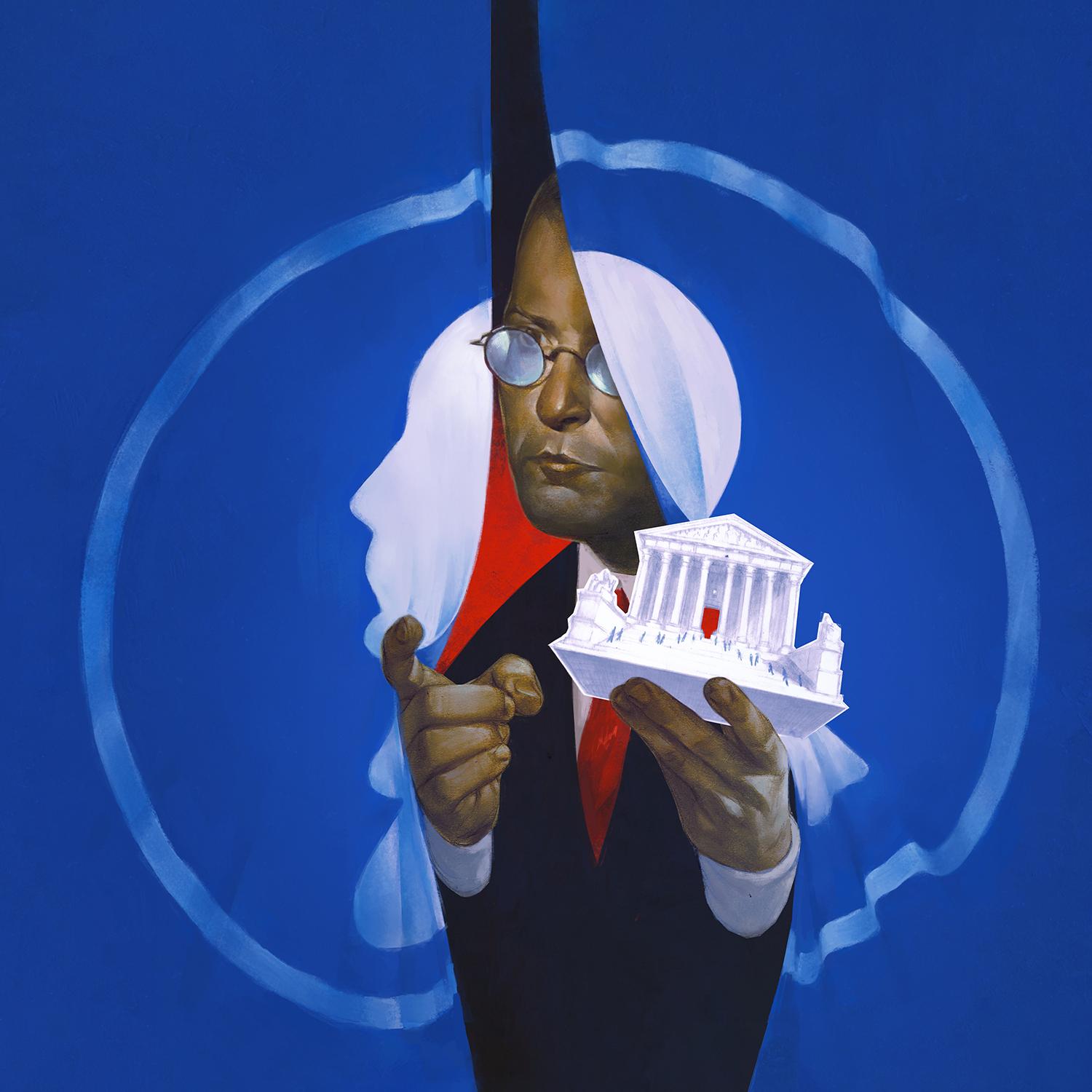We Don't Talk About Leonard [Leo], a podcast series with WNYC's "On The Media"
Very interesting about about Leonard Leo, the Federalist Society, dark money and and their hard right bulldozing of federal and state courts. I recommend.
We Don't Talk About Leonard: Episode 1
In this first episode of our new miniseries, We Don't Talk About Leonard, ProPublica reporters Andrea Bernstein, Andy Kroll, and Ilya Marritz investigate the background of the man who has played a critical role in the conservative takeover of America's courts — Leonard Leo. From his humble roots in middle class New Jersey, to a mansion in Maine where last year he hosted a fabulous party on the eve of the Supreme Court decision to tank “Roe.”
1. The night before the Supreme Court overturned Roe v. Wade, Leonard Leo threw a lavish party at his house in Maine.
2. Leonard Leo's journey from a high-schooler with the nickname "Moneybags Kid" to a high-ranking member of the Federalist Society.
3. Leonard Leo and the Federalist Society turn their attention to the state supreme courts.

This is “We Don’t Talk About Leonard,” a podcast series with WNYC’s “On The Media” that explores the web of money, influence and power behind the conservative takeover of America’s courts — and the man at the center of it all: Leonard Leo.
Historians and legal experts say there is no comparable figure in American jurisprudence. To the extent Leo is known, it’s for his role helping to install the conservative supermajority on the U.S. Supreme Court. But his reach extends far beyond that. Decades ago, he realized it was not enough to have justices on his side. Those jurists needed to decide the right cases, brought by the right lawyers and heard by the right lower court judges. He built a machine to do just that.
